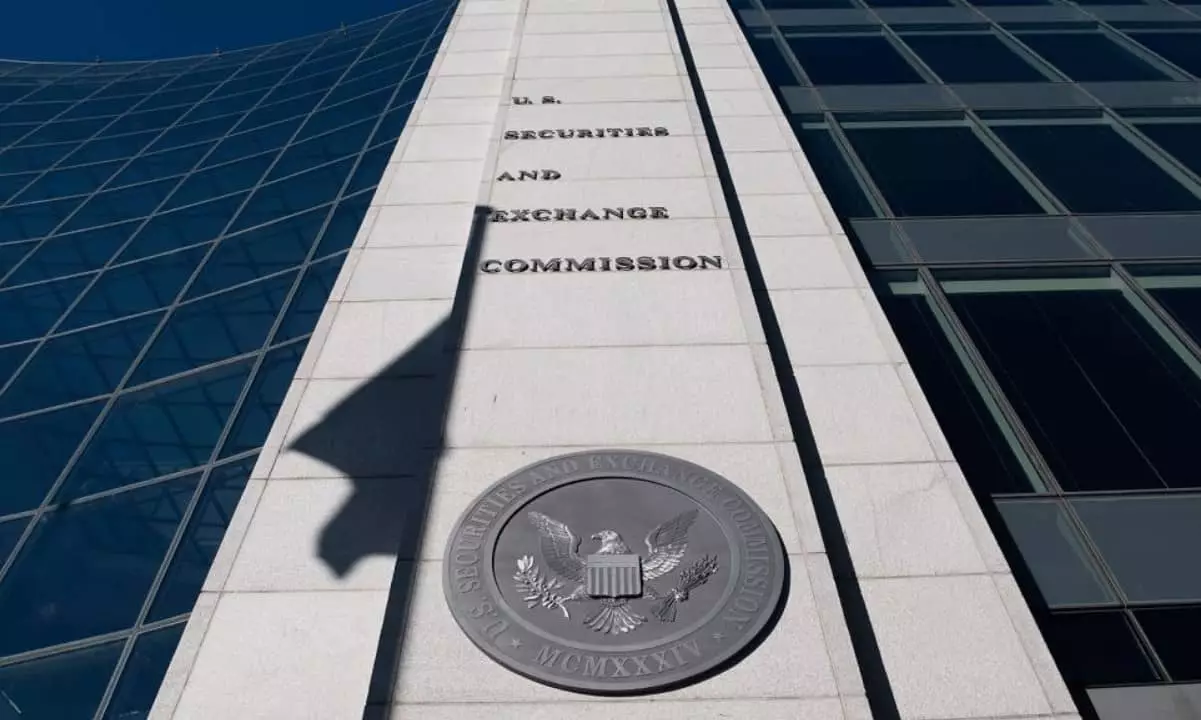The ongoing transformation of the financial landscape, marked by the rise of cryptocurrencies, has significantly challenged regulatory bodies like the Securities and Exchange Commission (SEC). Recently, a faction of Republican lawmakers, led by Rep. Patrick McHenry and Sen. Cynthia Lummis, has voiced strong concerns about the SEC’s strategy for managing crypto custody, particularly focusing on a controversial piece of guidance known as Staff Accounting Bulletin No. 121 (SAB 121). Their discontent raises vital questions about regulatory transparency and consistency that merit deeper examination.
SAB 121 is a guideline issued by the SEC that requires digital asset custodians to recognize a liability linked to the crypto assets they hold, reflected at fair market value on their balance sheets. Critics argue that this approach diverges from conventional accounting practices. By necessitating custodians to report such liabilities, the law could create a misleading financial picture, potentially inflating risks for consumers who depend on the custodians’ abilities to adequately manage and protect their digital assets.
The GOP lawmakers have contended that the SEC lacked appropriate consultation with vital regulatory stakeholders before issuing this guidance. By not following the formal rulemaking process, they argue that the SEC may have inadvertently increased consumer risk and added a layer of confusion in an already complex regulatory environment. The lawmakers assert that rescinding SAB 121 is within the SEC’s power and is the most logical step forward in addressing these concerns.
The lawmakers’ plea to rescind SAB 121 is grounded in a broader concern regarding the formal governance of regulatory practices. Citing a ruling by the Government Accountability Office (GAO), the letter to SEC Chair Gary Gensler notes that SAB 121 should be treated as a regulatory “rule” under the Congressional Review Act (CRA). This classification implies that the SEC ought to have engaged in a formal notice and comment process as necessitated by the Administrative Procedure Act (APA).
The criticism doesn’t stop at procedural shortcomings; it extends to the SEC’s selective engagement with specific financial institutions. Reports indicate that the SEC has allowed certain firms, like BNY Mellon, to circumvent some of the more challenging aspects of SAB 121. This trend raises alarm bells about favoritism and the lack of a level playing field within the crypto custody arena.
This situation brings forth serious questions about transparency in regulatory practices. The GOP lawmakers argue that the SEC’s inconsistent application of SAB 121 has generated skepticism about whether all organizations are held to the same standards. By permitting select financial institutions to avoid certain reporting burdens, such as those imposed by SAB 121, the SEC seems to have created an environment rife with ambiguity and potential unfair advantages.
During a public hearing in Wyoming, it was revealed that BNY Mellon had been granted exemptions that allowed them to navigate around some of SAB 121’s stringent requirements. The implications of this preferential treatment are troubling, as they suggest a lack of equitable regulatory practices that should govern all entities in the crypto custody sector. Without consistent application of the guidelines, investor protections may be compromised, as there is little assurance of comparable disclosures across varied institutions.
As cryptocurrencies continue to gain traction, the SEC’s regulatory approach must evolve in a manner that prioritizes transparency, fairness, and consumer protection. The concerns raised by lawmakers about SAB 121 are not merely administrative—they center on principles of equitable treatment in a rapidly changing financial landscape.
The regulatory body must revisit its methods to ensure that all players in the crypto custody market are subject to the same rules. A cohesive and transparent policy framework is crucial for fostering investor confidence and promoting the healthy development of the cryptocurrency sector. If the SEC adequately addresses these issues, it may pave the way for a more stable and secure environment for both institutional players and individual consumers.

